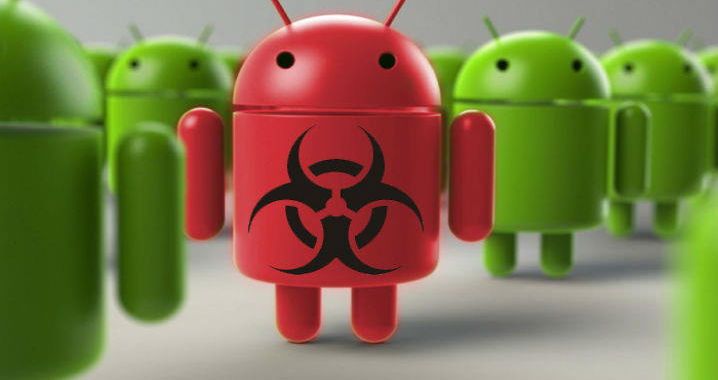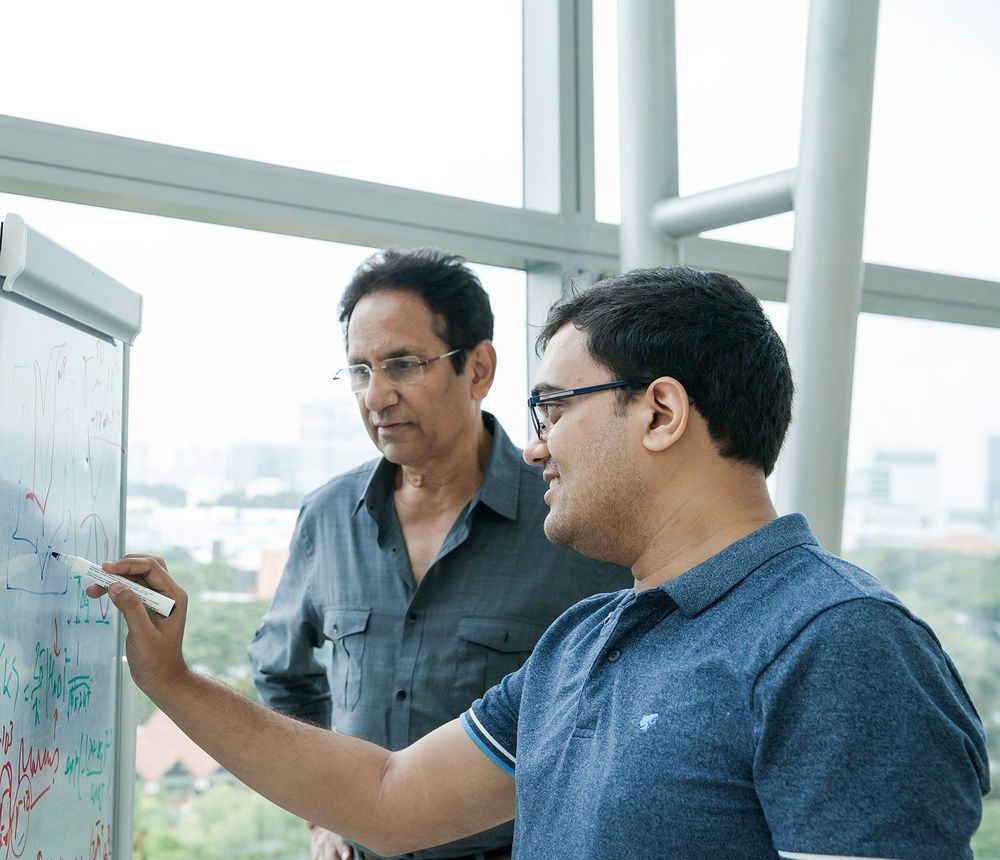Apps went undetected by Google and antivirus scanners.




As the use of intelligence proliferate in everyday products, there have been many attempts to make it easy to understand. A Google AI explainer…

Terahertz (THz) waves fall between microwave and infrared radiation in the electromagnetic spectrum, oscillating at frequencies of between 100 billion and 30 trillion cycles per second. These waves are prized for their distinctive properties: they can penetrate paper, clothing, wood and walls, as well as detect air pollution. THz sources could revolutionize security and medical imaging systems. What’s more, their ability to carry vast quantities of data could hold the key to faster wireless communications.
THz waves are a type of non-ionizing radiation, meaning they pose no risk to human health. The technology is already used in some airports to scan passengers and detect dangerous objects and substances.
Despite holding great promise, THz waves are not widely used because they are costly and cumbersome to generate. But new technology developed by researchers at EPFL could change all that. The team at the Power and Wide-band-gap Electronics Research Laboratory (POWERlab), led by Prof. Elison Matioli, built a nanodevice that can generate extremely high-power signals in just a few picoseconds, or one trillionth of a second, which produces high-power THz waves.

There are no US Food and Drug Administration (FDA)-approved drugs specifically for the treatment of patients with COVID-19. At present clinical management includes infection prevention and control measures and supportive care, including supplementary oxygen and mechanical ventilatory support when indicated. An array of drugs approved for other indications as well as several investigational drugs are being studied in several hundred clinical trials that are underway across the globe. The purpose of this document is to provide information on two of the approved drugs (chloroquine and hydroxychloroquine) and one of the investigational agents (remdesivir) currently in use in the United States.
Coronavirus disease 2019 (COVID-19) is a virus (more specifically, a coronavirus) identified as the cause of an outbreak of respiratory illness first detected in Wuhan, China.

The longfin inshore squid can edit the RNA inside its nerve cells, Wired reports, meaning that it can drastically alter the behavior of its biological machinery as needed — perhaps to help the animal rapidly adapt to new environments. It’s a bizarre discovery, and one that could potentially lead to better genetic treatments for humans.
Neat Trick
Researchers from the Marine Biological Laboratory found that the squid alters the RNA within its axons instead of the DNA within its nuclei, according to research published Monday in the journal Nucleic Acids Research. Thus far, it’s the only animal known to do so.

O,.,o.
A passenger who died on a bus in China has tested positive for a completely different virus than COVID-19 — one more fatal that often produces very similar symptoms, according to state-run media.
The unidentified victim from Yunnan province died while on a chartered bus heading to his workplace in Shandong province, the state-run Global Times announced in a tweet Monday.


Over the last decade, artificial intelligence (AI) and its applications such as machine learning have gained pace to revolutionize many industries. As the world gathers more data, the computing power of hardware systems needs to grow in tandem. Unfortunately, we are facing a future where we will not be able to generate enough energy to power our computational needs.
“We hear a lot of predictions about AI ushering in the fourth industrial revolution. It is important for us to understand that the computing platforms of today will not be able to sustain at-scale implementations of AI algorithms on massive datasets. It is clear that we will have to rethink our approaches to computation on all levels: materials, devices and architecture. We are proud to present an update on two fronts in this work: materials and devices. Fundamentally, the devices we are demonstrating are a million times more power efficient than what exists today,” shared Professor Thirumalai Venky Venkatesan, the lead Principal Investigator of this project who is from the National University of Singapore (NUS).
In a paper published in Nature Nanotechnology on 23 March 2020, the researchers from the NUS Nanoscience and Nanotechnology Initiative (NUSNNI) reported the invention of a nanoscale device based on a unique material platform that can achieve optimal digital in-memory computing while being extremely energy efficient. The invention is also highly reproducable and durable, unlike conventional organic electronic devices.